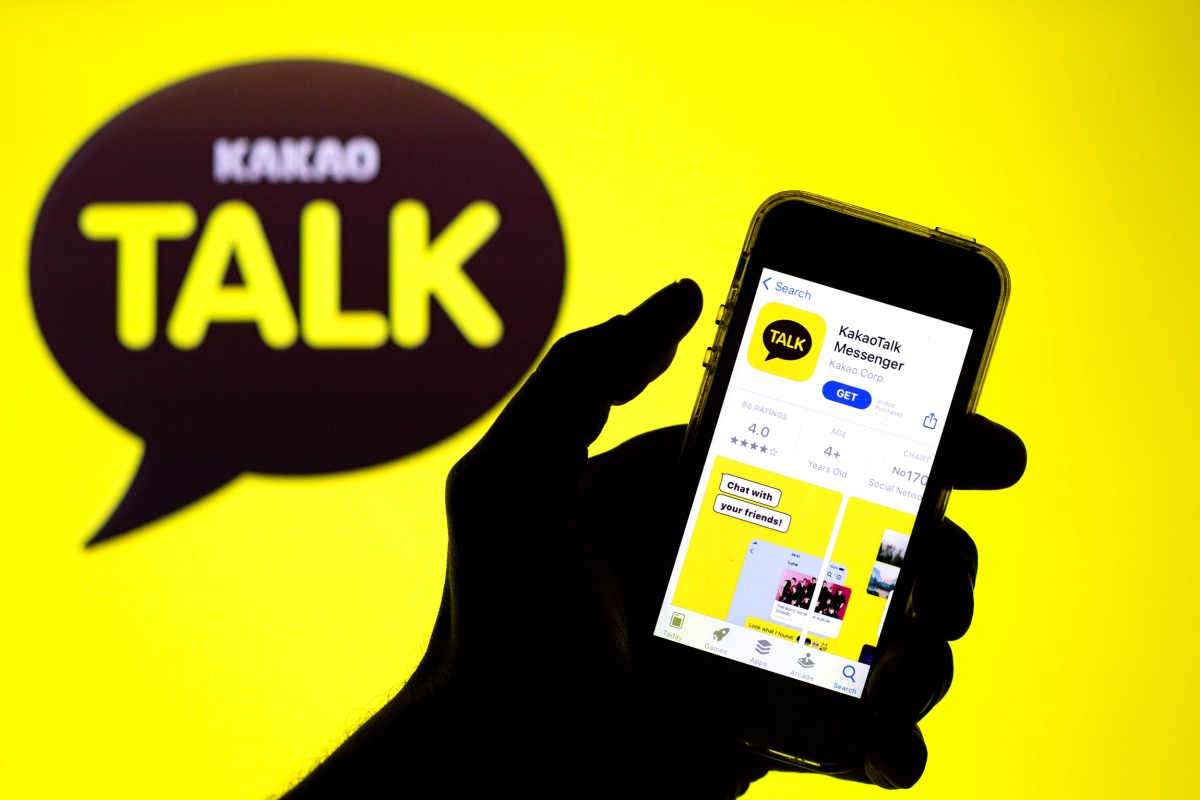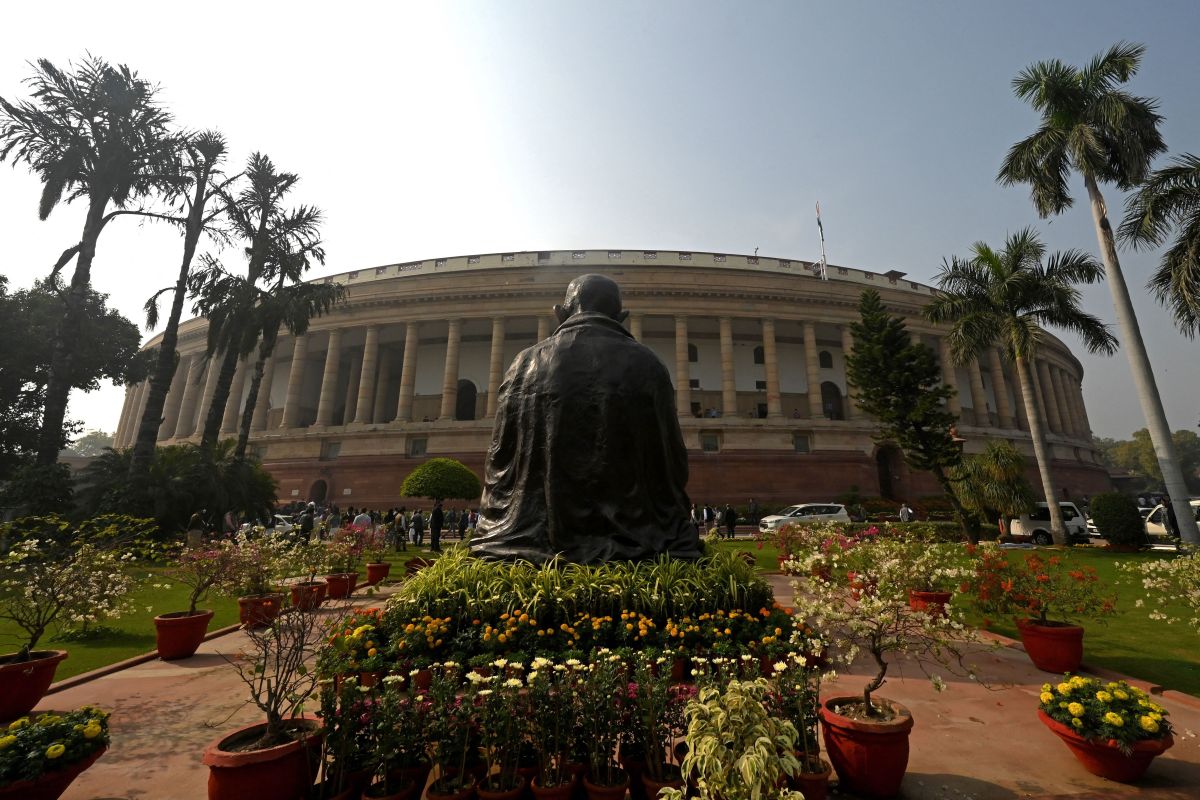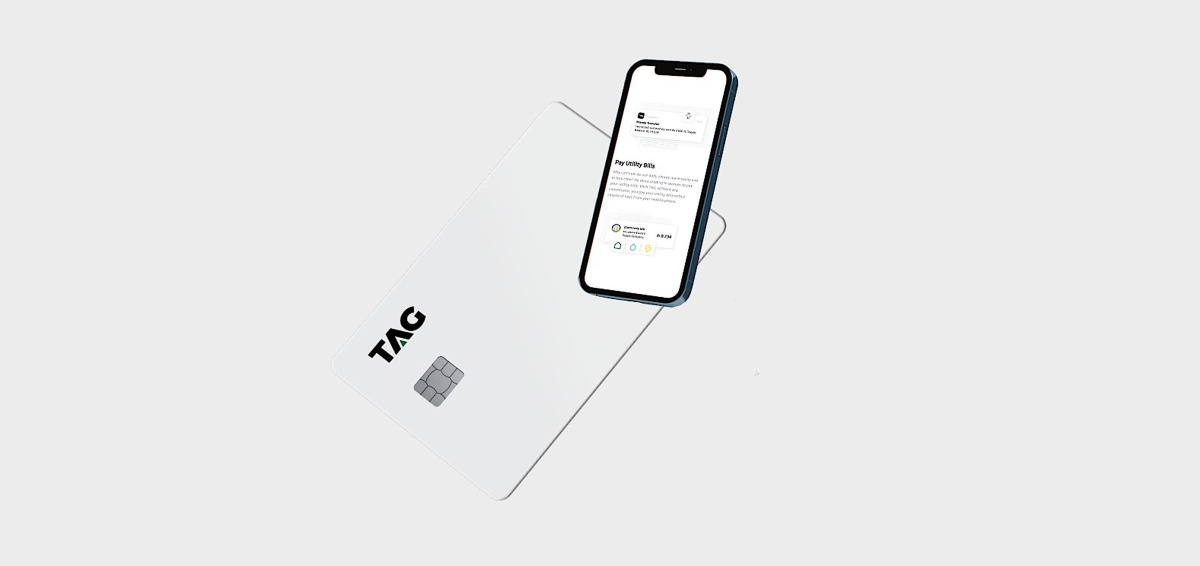What appeared earlier this year to be a selfless act of technotopianism, the widespread deployment of Starlink terminals in Ukraine, has soured as SpaceX and governments disagree on who ultimately should foot the bill of this unprecedented aid campaign. Some expect Elon Musk — one of the richest men in the world — to cough up, while others say the world’s richest military should as well. Both claims have merit, but this game of financial chicken will cost Ukrainian lives. The effort began in late February, just days after Russia invaded Ukraine. Musk said Starlink terminals were “on the way” but provided little detail. Many took this minimal, rather promotional approach to mean what it clearly implies: that SpaceX was providing the terminals itself, either gratis or with some understanding as to their purchase. The latter proved to be the case as it came out that the U.S. Agency for International Development had paid for some, the Polish and other European governments for more, and various militaries and NGOs contributing for the cost of transport, installation, and apparently the monthly fees for the service itself. USAID described “a range of stakeholders” providing a first wave of support totaling around $15 million at the time. But the costs weren’t a one-time thing. Musk recently tweeted that 25,000 terminals have been deployed in Ukraine, 5 times the original shipment — thousands have been destroyed in the fighting, and more are needed. The connectivity costs $4,500 per month, supposedly, for the highest tier of service. Going by estimates noted by CNN, that adds up to around $75 million per month in ongoing costs. Some understandably questioned the wisdom of relying on this new and unproven tech in a battlefield, but reports from the country’s military suggest it has been very helpful. The fact is the capability was accepted in the spirit it was offered, and used to the most of its capacity, but the length and scale of the war have caused the situation around Starlink to evolve beyond its original scope. It’s true that SpaceX can’t be held completely accountable for tens of millions of dollars in costs, free service, or lost income (however the money should be defined). But it’s no good playing the victim either: they went into this eyes open with the intention of providing an expensive and essential service in a war-torn country, apparently with no real plan to cover the cost. On the other hand, the governments walked into this too. They can’t possibly have expected SpaceX to cover the cost of the hardware and software on its own, or if they did, they should have gotten it in writing. But having funded part of it, does that mean they’re on the hook for all of it? Meanwhile Ukraine’s military has come to rely on the service, and are right in saying that whatever happens, whoever has to write whomever an I.O.U., the terminals must stay on — or soldiers defending their country will be put in direct and immediate danger. This 3-way standoff has no easy resolution, so let’s start with what we know needs to happen: Starlink connectivity must continue in Ukraine at nominal cost to them, not forever but indefinitely. Any other outcome is too disastrous for everyone involved. So the internet stays on. Who pays for it? If SpaceX wants anyone to take its request seriously, it needs to play ball, and that means transparency as to the actual costs and payments involved. It goes without saying that Musk must discontinue his vexatious, narcissistic antics — too much is at stake for him indulge in his usual egotism. Taxpayers in a dozen countries have already paid for it and will in all likelihood continue to for months, if not years. What are the actual costs involved? $4,500 per terminal for access seems excessive, for one thing — that’s retail rate for early adopters, not a bulk rate for government partners in a life-saving operation. The Pentagon may not be a paragon of thrift but to charge full price in this situation is unseemly. (Not to mention this is probably the best possible PR the company could get while it’s trying to drum up demand for its real consumer service. Money cannot buy this kind of exposure.) Governments also need to pick a number and be firm about what can and can’t be provided as part of the aid package. Ukrainian officials would no doubt love it if every available Starlink terminal was shipped next day to the country, but that’s not possible, the way other forms of aid that would be helpful are not possible, for instance certain military assets that are too costly or difficult to spare. The cost of supporting the Ukrainian defense is large, and the U.S. is dedicating billions to that cause. How much of that money will be earmarked for Starlink connectivity? Pick a number and start negotiating. Is it $10 million per month? $20 million? What do those costs depend on, how will they be tracked? SpaceX can take that sum and provide an agreed-upon level of service and hardware. As much as everyone appreciates the fast movement on this back in February, a few hasty phonecalls and “we can make that happen” conversations does not constitute a long-term plan for covering the cost of a deployment that has grown to be worth hundreds of millions of dollars and numerous Ukrainian lives. Like any compromise, it will leave everyone a bit unhappy — but it won’t leave anyone disconnected, shafted, or dead. This complicated and awkward situation is the result of inadequate preparation and communication by a constantly shifting group of stakeholders. What is needed from SpaceX and its government partners is not finger-pointing but transparency and commitment.








